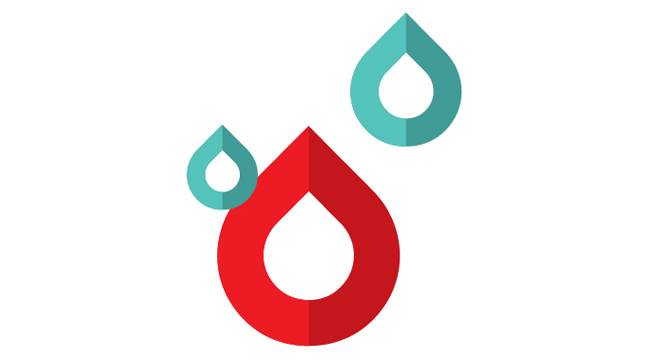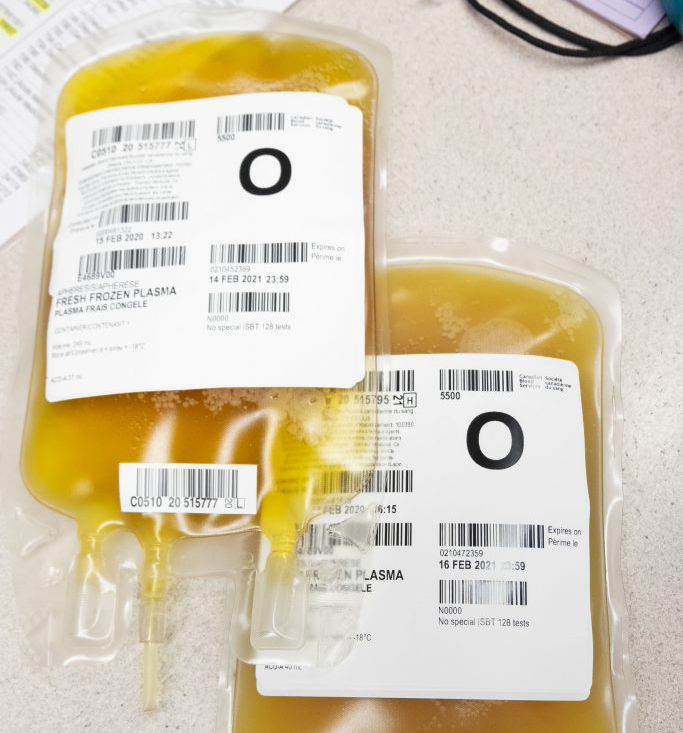Top 5 blog posts of 2021

As we begin a new year, look back with us at the top five blogs of 2021. Unsurprisingly, our readers were most interested in information about the COVID-19 pandemic.
1. Why getting a COVID-19 vaccine shouldn’t stop you from donating blood
There’s no waiting period after receiving the COVID-19 vaccine. This extremely popular blog post explains why and gives readers insight into the decision-making process around donor eligibility.
2. The impact of COVID-19 on blood donation in Canada
As SARS-CoV-2 was emerging in early 2020, Canadian Blood Services and other blood operators were unsure how their operations and the blood supply would be affected. Posted over a year after the COVID-19 pandemic was declared, this blog post paints a picture of a resilient blood system thanks in large part to dedicated blood donors.
3. International team concludes convalescent plasma is not effective for treating COVID-19
Canadian Blood Services was proud to support research into the effectiveness of convalescent plasma in treating COVID-19. This article describes the research, its conclusion that convalescent plasma is not effective in treating COVID-19, and the questions that need further investigation.

4. New Nova Scotia law makes it easier to be an organ and tissue donor
The landmark Human Organ and Tissue Donation Act came into effect in Nova Scotia on Jan. 18, 2021. Under the law, all Nova Scotians will be considered organ and tissue donors unless they opt out. Nova Scotia is the first jurisdiction in North America to pass such a “deemed consent” law. Medical professionals, as well as the 4,000 Canadians in other provinces who need organs or tissues, are paying close attention.
5. Mapping convalescent plasma distribution with Canadian Blood Services funding
Dr. Andrew Shih’s group received funding to study both the rollout of CONCOR-1 (a clinical trial examining the efficacy of convalescent plasma in treating COVID-19) and distribution strategies for convalescent plasma throughout B.C., with the aim of using this unique circumstance to apply learning to future pandemics and experimental trials.
Canadian Blood Services – Driving world-class innovation
Through discovery, development and applied research, Canadian Blood Services drives world-class innovation in blood transfusion, cellular therapy and transplantation—bringing clarity and insight to an increasingly complex healthcare future. Our dedicated research team and extended network of partners engage in exploratory and applied research to create new knowledge, inform and enhance best practices, contribute to the development of new services and technologies, and build capacity through training and collaboration. Find out more about our research impact.
The opinions reflected in this post are those of the author and do not necessarily reflect the opinions of Canadian Blood Services nor do they reflect the views of Health Canada or any other funding agency.